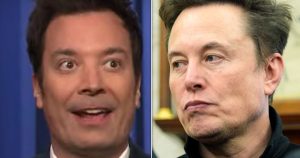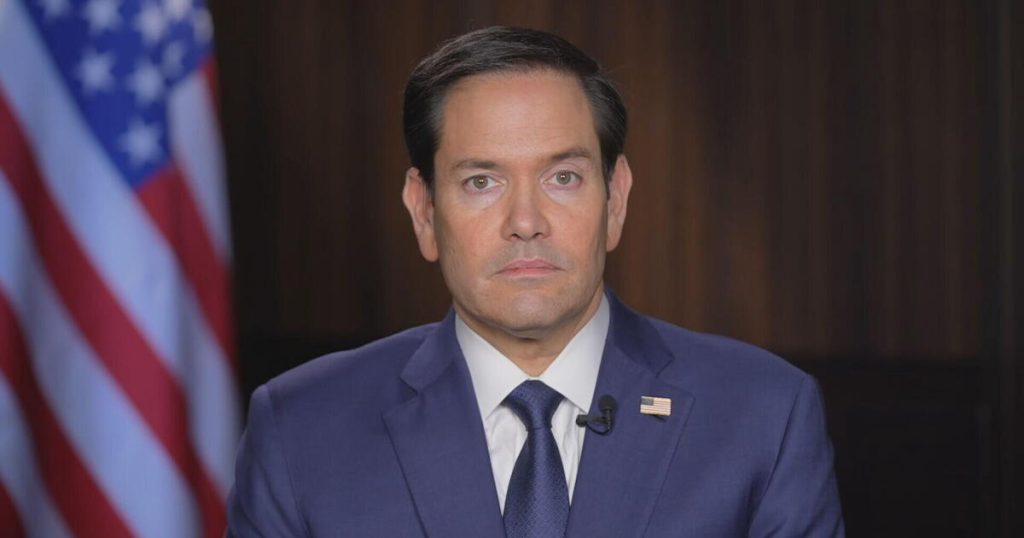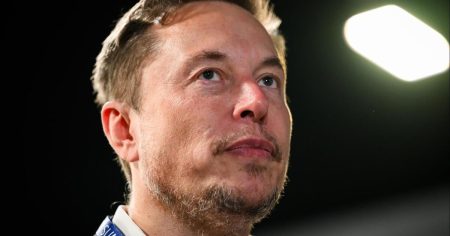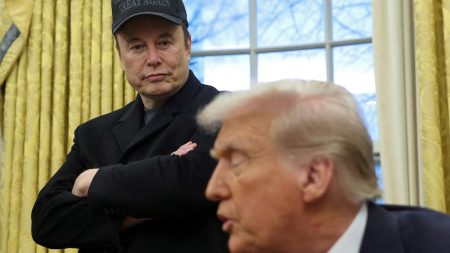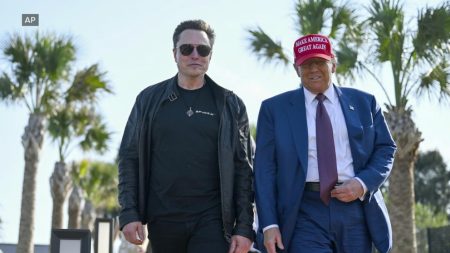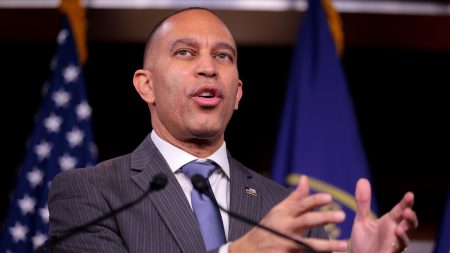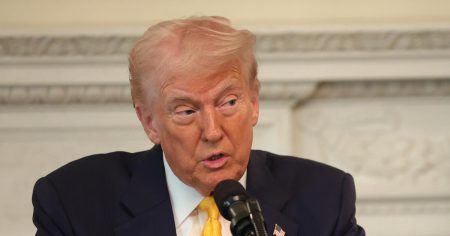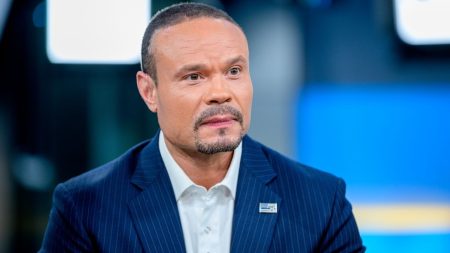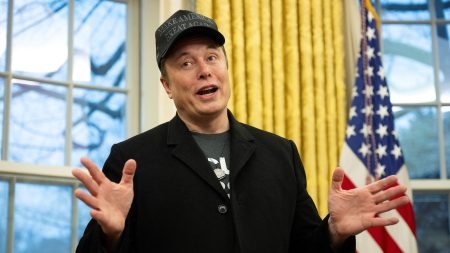The Hostage Crisis and Diplomatic Efforts
Secretary of State Marco Rubio, speaking from Jerusalem during his trip through Europe and the Middle East, emphasized the U.S. government’s commitment to securing the release of all hostages held in the region. Rubio acknowledged the emotional toll of the situation, noting that some hostages have been detained for nearly two years, and described the images of their captivity as “heartbreaking.” While he did not disclose specific details of ongoing negotiations to avoid endangering the hostages or the process, Rubio reiterated the administration’s goal of bringing every hostage home as quickly as possible. He expressed frustration at the delays imposed by the current deal, stating that the U.S. would prefer to see all hostages released immediately rather than waiting weeks for the agreed-upon timeline to unfold.
Rubio also highlighted the close coordination between the U.S. and Israel, particularly in their shared objective of resolving the hostage crisis. However, he stressed that the U.S. is focused on immediate action, while acknowledging that the terms of the deal may require patience. The Secretary of State made it clear that the administration is fully committed to exploring every avenue to expedite the hostages’ release.
Iran and the Prospects for Diplomacy
When asked about Iran, Rubio expressed skepticism about the possibility of a diplomatic breakthrough. He noted that Iran has shown no interest in negotiating a deal, despite President Trump’s willingness to engage in talks. Rubio criticized Iran’s history of using diplomacy as a delaying tactic while continuing to enrich uranium, sponsor terrorism, and destabilize the region. He emphasized that the U.S. has seen no indication of Iran’s willingness to abandon its nuclear weapons program or change its behavior.
Rubio also addressed the question of whether the U.S. supports a preemptive Israeli strike on Iran’s nuclear facilities. He declined to speculate on Israel’s military strategy, stating that Israel must act in its own national interest. However, he made it clear that the U.S. remains vigilant about the threat posed by Iran’s nuclear ambitions and will continue to work with allies to address the issue.
Russia-Ukraine Conflict and Diplomatic Outreach
Rubio discussed the ongoing efforts to end the Russia-Ukraine conflict, following President Trump’s recent call with Vladimir Putin. Rubio emphasized that while the call was a positive first step, it is only the beginning of a long and complex process. He acknowledged that the conflict has caused immense suffering and that the administration is eager to explore any opportunity for peace. However, Rubio cautioned that trust in Putin’s intentions must be verified through concrete actions, as peace “is not a noun, it’s a verb—it requires action.”
Rubio also addressed the role of Saudi Arabia in facilitating diplomacy, noting that his upcoming visit to the kingdom could provide an opportunity to advance the peace process if the conditions are right. He stressed that any negotiations would need to involve Ukraine, Europe, and other key stakeholders, as the conflict impacts not just Ukraine but the entire region. While optimism is warranted, Rubio remained clear-eyed about the challenges ahead, stating that “one meeting isn’t going to solve it.”
The Munich Security Conference and Free Speech
Rubio defended Vice President Vance’s controversial speech at the Munich Security Conference, where Vance criticized the erosion of free speech in Europe and met with the leader of the far-right AfD party in Germany. Rubio argued that Vance’s speech was a valid expression of concern about the decline of democratic values, such as free speech, which he believes are essential to the transatlantic alliance. He dismissed criticism of Vance’s meeting with the AfD leader, insisting that the ability to engage in open dialogue is a cornerstone of democracy.
Rubio also pushed back against the idea that free speech was misused in historical contexts, such as Nazi Germany, arguing that such regimes suppressed free speech rather than abusing it. He emphasized that Vance’s speech was a call to action to protect shared democratic values and that it was appropriate to raise these concerns in a forum dedicated to security and cooperation.
The Broader Geopolitical Landscape
Throughout the interview, Rubio repeatedly emphasized the U.S.’s commitment to diplomacy and peace, while also acknowledging the complexities and challenges of dealing with adversarial nations like Iran and Russia. He expressed a mix of caution and optimism about the prospects for resolving the Russia-Ukraine conflict, stressing that the administration is willing to explore any viable path to peace but remains realistic about the obstacles ahead.
Rubio also highlighted the importance of maintaining strong alliances with partners in Europe and the Middle East, as global challenges require collective action. He reiterated the administration’s focus on promoting stability, ending conflicts, and upholding democratic values, even in the face of skepticism and criticism from some allies.
In conclusion, Rubio’s remarks reflect a dual approach: a firm commitment to U.S. interests and values, paired with a willingness to engage in diplomacy to address pressing global issues. While the path forward is uncertain, Rubio expressed hope that ongoing efforts could lead to meaningful progress on multiple fronts.
